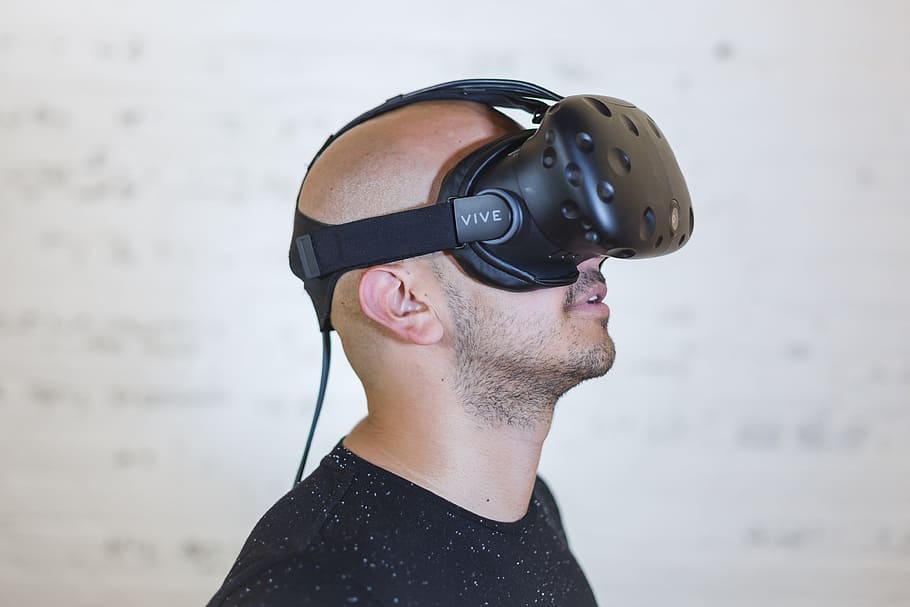
Virtual reality (VR) employee training is paving the way for enhanced safety and efficiency in the power industry according to report Virtual Reality in Power – Thematic Research by GlobalData.
The report says that VR could provide great value to the power industry as a tool to train engineers in safe, realistic, and immersive environments. VR devices, such as the Oculus Rift and HTC Vive, could simulate potentially dangerous environments that engineers may encounter, such as working from heights or in confined spaces.
The report says: “In the power sector, VR can aid organisations to enhance their efficiency as workforce will be trained in a superior manner and can take charge of an unexpected situation quickly”.
Sneha Susan Elias, Senior Power Analyst at GlobalData, said: “The Electric Power Research Institute is working with major utilities such as Duke Energy, Consolidated Edison, EDF, Korea Electric Power Corporation and others on how VR can fit into the industry’s workforce. Many VR devices manufacturing firms are also making huge investments in VR such as Google, Facebook, Sony, HTC, among others with VR headsets, and other devices being largely developed and experimented for numerous applications.”
The report notes that “VR is enabling organisations to cut down on their education and training costs” and that the VR industry itself is on the rise. Worth nearly $7bn in 2018, the global VR market is forecasted to reach $28bn in 2030.”
Rich Jones, an expert at Focus on VR, told Power Technology “The bottom line on VR technology for training within the power industry is that its value is only going to increase in the near term. It’s cost-effective, engaging, and offers a much greater range of possibilities than many traditional training methods.”
“While it will not fully replace physical, real-world, hands-on training for line crews or plant personnel, it definitely supplants old-school lectures, seminars, paper-based, or computer-based training methods in its efficacy, personnel satisfaction, learning take-away, scope of capabilities, standardization, and end results. With new uses for VR being proposed and developed all the time, while costs continue to decrease, there’s no doubt that it will play a significant role in shaping the next generation of power industry personnel – a safer, more productive, more knowledgeable team awaits.”

US Tariffs are shifting - will you react or anticipate?
Don’t let policy changes catch you off guard. Stay proactive with real-time data and expert analysis.
By GlobalDataThe report also analyses the trajection of VR equipment, detailing how it has evolved significantly over the past five years and how it is now entering into a second generation. Issues presently remain with VR such as latency, nausea, high prices, and underdeveloped ecosystems. It adds: “In all likelihood, VR will remain a niche technology,” and that its uses will be limited to employee training in the power industry.



